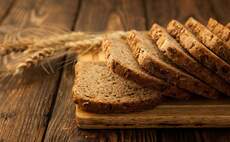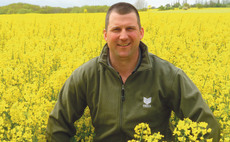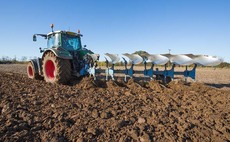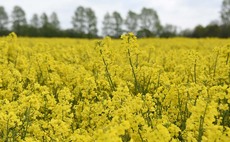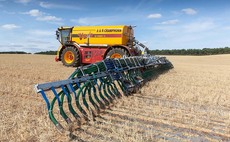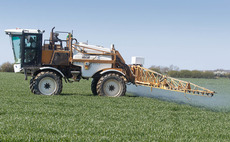Arable Farming
Arable
Minimising cultivations, lowering grain drying requirement, reducing synthetic fertiliser inputs and using urease and nitrification inhibitors can reduce a crop’s carbon footprint by up to 41 per cent while sustaining yield.
Arable
After a fairly open autumn and winter for most, visitors to the NAAC drainage hub at Cereals were reminded of the importance of maintaining and investing in field drains.
Arable
How growers would achieve milling spec amid high nitrogen prices was a topic of conversation at Cereals.
Arable
Having transitioned his entire farm to a zero-till system in one year, Kent farmer Tom Sewell offers a glimpse into his current approach to improving soil health. Alice Dyer reports.
Arable
As a farmer moving to a no-till system, John Cherry was frustrated by the lack of supporting information available to him in the UK. Hence, in 2016 Groundswell was born.
Arable
The amount and intensity of cultivations is responsible for carbon emissions from soil, but why exactly is this? Soil and cultivations expert, Philip Wright explained during a Cereals drainage seminar.
Arable
Oilseed rape is expected to make a resurgence next season with members of the seed trade predicting up to a 30 per cent increase in area.
Arable
Wheat area could stay relatively static for next season, as the area is already so high.
Arable
A mobile, local approach to the production of high quality organic fertilisers and soil amendments from anaerobically digested organic waste is the aim of the EU-funded NOMAD project, which was showcased at Cereals.
Arable
Sprayer operators have been given more time to collect the CPD points required for membership of the National Register of Sprayer Operators (NRoSO) scheme, following difficulties in collecting points during the Covid-19 pande
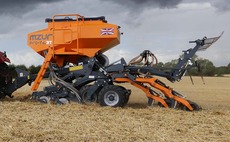
 24 June 2022
•
2 min read
24 June 2022
•
2 min read

